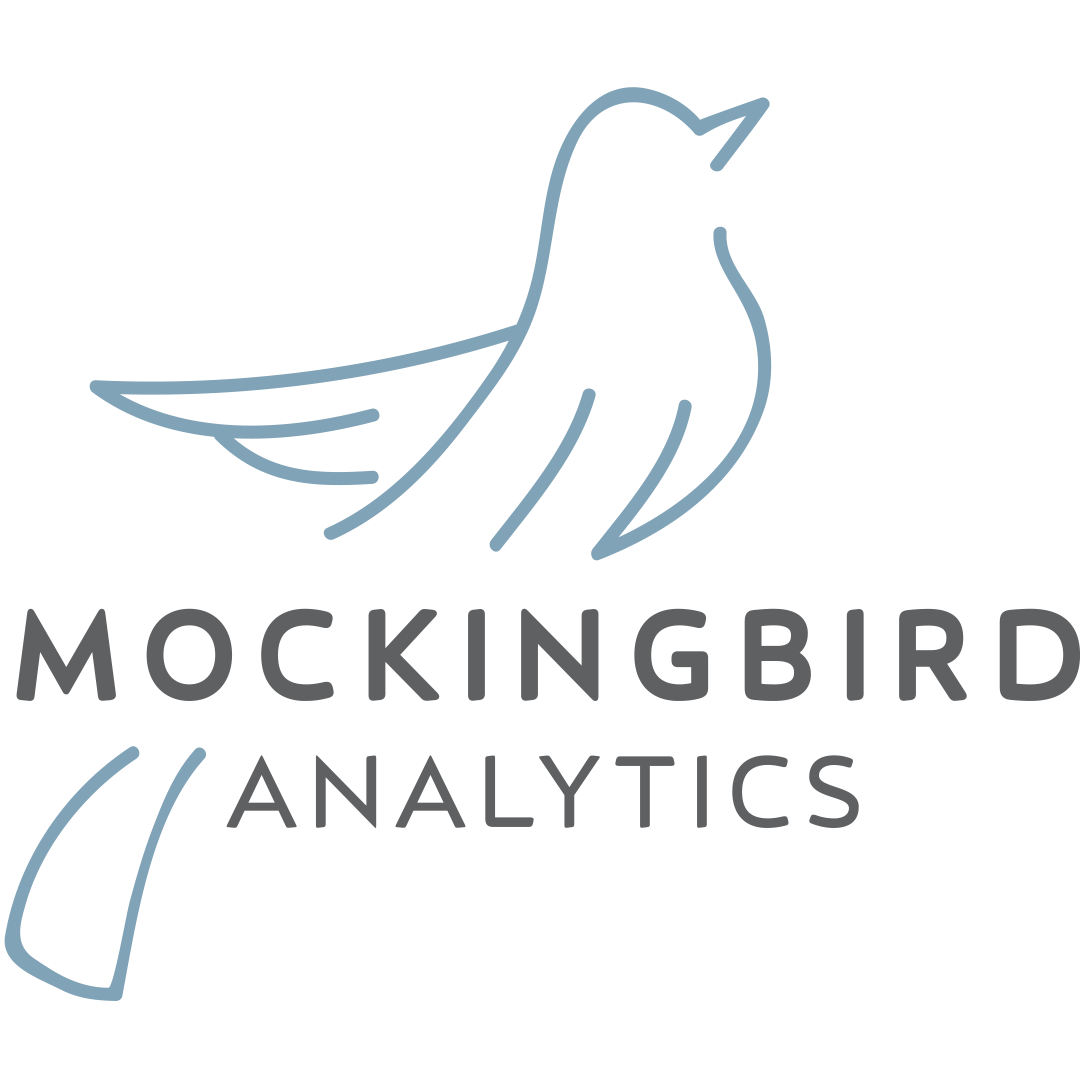WWPD: Erick Uribe
At the end of the 19th century, a young French writer named Marcel Proust answered a series of questions from a confession book, similar to what we’d call an autograph book. The responses to these inquiries were thought to unlock the true character of a person – it was a popular parlor game at the time. Proust’s eloquent, extraordinary answers became quite famous, and although he didn’t author the questions himself, the collective queries are now known as a Proust Questionnaire.
Confidence
1. What is your idea of perfect happiness at work?
Perfect happiness at work comes when I’m able to dissect and present solutions to complex problems. This is extra perfect when the issue that’s being resolved is done in service of a client.
2. What is your greatest professional fear?
I’m afraid of being in one place for too long and realizing that I’ve lost my passion for the work. I don’t ever want to operate on ‘auto-pilot’.
3. What trait do you have to work on the most?
I need to be more adventurous in my professional life. Instead of being intimidated by my most ambitious ideas, I need to pursue them with confidence.
4. What trait do you look for in colleagues?
I want to be around colleagues that push me to try new things. Those people that remind you of your own potential make for inspiring workplaces and bursts of productivity. Of course, they also have to know when to drop everything for a good laugh or amusing distraction.
5. What trait do you want to create in organizations with which you work?
I’d love to create opportunities for unlikely collaborations within the workplace. Whether between the private and public sectors, or between organizations that have that seemingly have very little in common, I’d hope we can all think outside the box when trying to identify potential partners.
6. What organization’s mission do you most admire?
Organizations like Patagonia or Toms, who are able to use market solutions to address social and environmental problems.
7. What is the most important investment a business or non-profit could make?
Investing in the wellbeing and cohesion of their employees. By taking care of your staff and making sure that they’re able to collaboratively tackle business problems, organizations can build teams that bring out the best in everybody.
8. What is your current state of mind?
I’ve been thinking about my future a bit too much, trying to figure out how I can do good work in international settings. I’m also trying to focus on the present, which is obviously a lot harder than it seems.
Confession
9. What do you consider the most overused buzzword in your field?
Big-Data! Really, when does data become BIG?
10. Under what circumstances do you need to adapt?
I need to get better at these forced-fun sort of activities that I often find myself in. I’m set to begin an MBA program in a few months and know that I need to learn to enjoy mixers of all sorts.
11. What perception of your field do you most want to change?
I’m still trying to figure out what my field might be. Sorry!
12. Which person in your field do you most admire?
Jessica Payne because she jumped into Mockingbird Analytics with all the confidence in the world.
13. What is the quality you like the most in a boss?
I admire bosses that can find the balance between warm and strict that makes me feel empowered to be creative.
14. What is the quality you like the most in a client?
I really appreciate clients that are understanding and just as willing to learn as I am. Our clients are all doing great work, so they tend to be people that I’d enjoy spending time with.
15. What is your elevator pitch for your job?
We help non-profit organizations turn their data into beautiful stories.
16. What is your professional motto/mantra?
This is water.
17. How did you fall in love with your field/job/career?
Still trying to figure that out.

